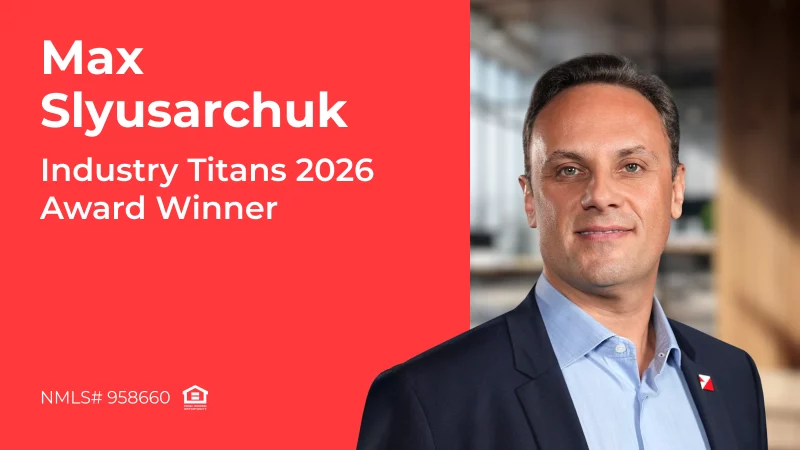
(Hollywood, FL) — The housing market is currently facing its share of challenges. Higher interest rates, rising prices, and a chronic shortage of housing inventory – all are contributing to a significant decrease in mortgage applications and the number of houses sold in 2022.
However, one bright spot in the housing market that has consistently performed well is the Millennial generation of homebuyers. According to a recent National Association of Realtors (NAR) report, Millennials currently make up the largest share of homebuyers (43%) – an increase from 37% last year – and in the near and long term, they are the key to the overall health and stability of the housing industry.
The Millennial Generation
Born from 1980 to 1995, Millennials presently range from 26 to 41 years old, and represent 22% of the U.S. population, or about 72.8 million people. They also account for a sizable portion of the workforce, at 36%.
The number of households headed by adults 30-to-44 years old jumped by 1.3 million during the pandemic, and according to another NAR report, married couples 31 to 40 were more likely than any other age group to purchase a home.
This generation is getting married, having children, paying off debt, investing in the stock market, and they have just entered their peak earning years.
Millennials are also the most educated generation in America, and as such, they have high earning potential. This means they can afford to buy homes and as more and more of them enter the market, demand for housing will continue to rise.
For all these reasons, Millennials are quite literally shaping the next frontier of the homebuying process.
Millennial Self-Employment
Another distinction of the Millennial generation is their penchant for self-employment. According to a new study conducted by America’s Small Business Development Center (SBDC), 30% of Millennials have already started some sort of business and what’s more, 49% of them dream of starting their own business sometime in the next three years.
This generation has become disillusioned with job and wage security in traditional 9-to-5 companies, and many have decided they want more out of life. As a consequence, Millennials are flocking to self-employment.
Consider this statistic: 5.4 million new business applications were filed in 2021, surpassing the record in 2020 of 4.4 million. That’s a substantial number of newly minted self-employed entrepreneurs.
There are many reasons why self-employment has become so popular among Millennials but perhaps most significantly are advancements in technology that allow this phenomenon to flourish:
- Access to Technology. Access to advanced technology has allowed large numbers of young people to create their own online businesses. They can work from home or remotely from anywhere and run their business through their laptops or smartphones. The generation that grew up with the internet is fully aware of the self-employment possibilities that are available to them.
- Financial Security. This generation came of age during the Great Recession and more recently, they experienced the pandemic’s economic devastation. Many Millennials are opting for self-employment because it provides them with a greater sense of financial security and personal control. It also offers them the opportunity to shape their own future.
- Reaping the Rewards. Starting and growing a business can be very gratifying. Not only is it an exciting challenge but it’s an opportunity to reap the rewards that come with hard work, diligence, and ingenuity. Many Millennials don’t want to spend their lives supporting someone else’s dream, so they are willing to trade in their cubicle for a kitchen table, if it means they can control their own destiny.
Non-QM Solutions for the Self-Employed
Not all borrowers who wish to buy a home fit neatly into the boxes required by traditional mortgage lenders and this is especially true of the self-employed.
Generally speaking, Government Sponsored Enterprises (GSE), such as Fannie Mae and Freddie Mac, qualify borrowers based on their ability to demonstrate W-2 income. Self-employed borrowers do not generate W-2 income and therefore they have difficulty qualifying for an agency loan. While self-employed borrowers can qualify using business tax returns and get Conventional loans with as little as 3% down, Non-QM loans provide greater income qualification options and larger loan amounts.
They are financially responsible people but, as business owners, they might not have sources of income that are easily quantifiable. Consequently, they turn to Non-QM lenders who are able to qualify them for a mortgage based on other forms of income documentation.
This is why Non-QM lenders have become so valuable to self-employed borrowers who are seeking a mortgage loan.
The advantage of Non-QM lenders, like A&D Mortgage, is their flexibility in determining a prospective borrower’s annual income and how much they can afford to borrow. They are able to assess a borrower’s risk by conducting detailed income analyses, along with a review of their credit and FICO score. Most offer an array of alternative income programs that can qualify income using bank statements, profit and loss statements, 1099s, and written verifications of employment (WVOE).
Also, because Non-QM loans are privately funded through private capital, they are able to employ more flexible means to determine a borrower’s ability to repay a loan.
Boost You Business with A&D Mortgage
A&D Mortgage is one of the largest Non-QM lenders in the industry and we offer a full array of Non-QM loan products to serve borrowers who are self-employed, retired, entrepreneurs, investors, or simply living off income from their investments.
We serve the mortgage needs of Millennials, as well as all hard-working, self-employed people, as they pursue the dream of homeownership.
For more information about A&D Mortgage, visit admortgage.com.

